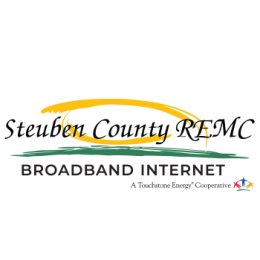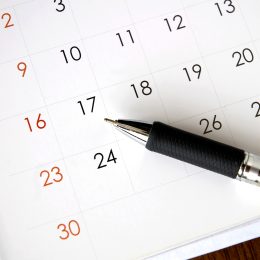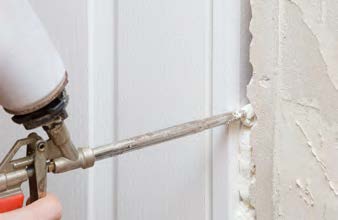
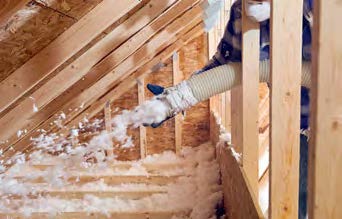
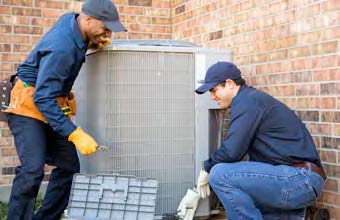
Although buses are once again shuttling students to school, the sweltering summer heat still kicks on the air conditioning, draining more money from wallets.
While it’s early in the school year for tests, there are three elementary steps to long-term energy savings and keeping more money in your wallet. Just seal, insulate, and equip to ensure you are prepared to minimize energy waste!
#1 Seal air leaks to prevent drafts.
You should search for and seal any air leaks. Search high and low — literally! The most important leaks to seal are up high in your attic and down low in your basement or crawlspace. Framing and places where plumbing, electrical wiring, or ducts poke through the ceiling also need to be checked. Sealing air leaks keeps your conditioned air inside and prevents outside air from coming into your basement or crawlspace.
#2 Properly insulate your house to maximize comfort.
Many houses can benefit from additional insulation. This step should be taken after sealing air leaks. Air moving through the insulation decreases its benefits. If part of your HVAC ductwork is in the attic space, it is especially important to seal it and bury it in insulation. By adding insulation properly, your HVAC system will have to work less to maintain the temperature in your house, saving you electricity and money.
#3 Make sure you have the proper systems to heat and cool your home.
After you have sealed air leaks and properly insulated your home, you can check into new equipment. Now that some of your house’s issues are resolved, you may need smaller equipment to heat and cool your home to keep you comfortable. A smaller, right-sized, and more energy-efficient system will reduce your electricity use, which will help save you money well into the future.
The best way to diagnose potential issues in your home is to schedule an energy audit. You can contact your local electric cooperative’s energy advisor for details. Your co-op may even be able to provide the audit, which includes recommendations on steps you can take to improve your home’s energy efficiency. Your co-op’s energy advisor can help you maximize your home’s energy use and minimize energy costs. You also can visit PowerMoves.com for energy-saving tips and advice.


